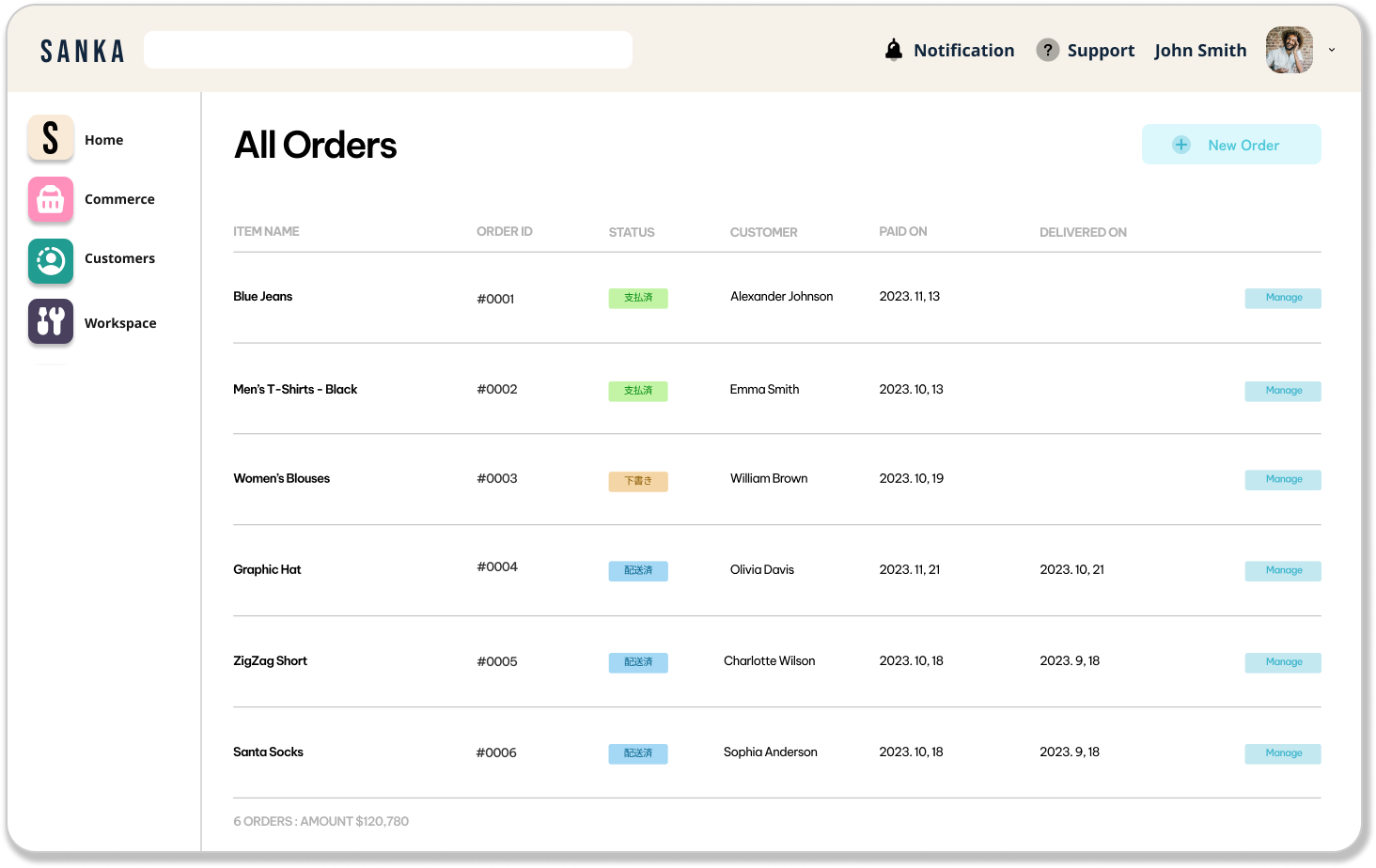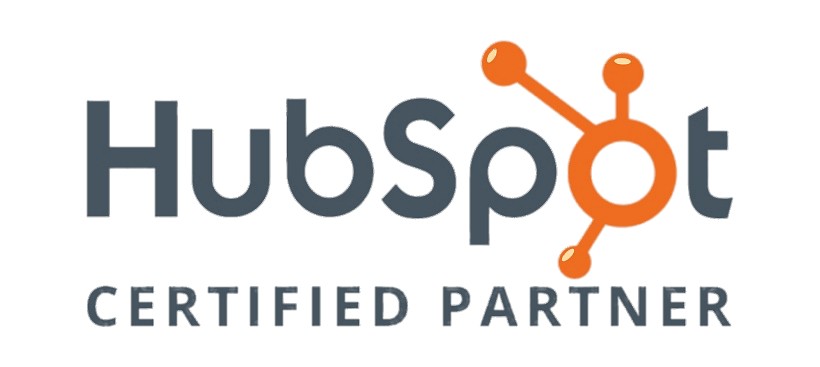Introduction
Affiliate marketing has emerged as a powerful tool for businesses and individuals alike to drive sales and generate revenue.
From e-commerce giants to small-scale bloggers, countless entities are harnessing the potential of affiliate marketing to boost their bottom line.
But what exactly is affiliate marketing, and how can you leverage its benefits to your advantage?
In this article, we'll delve into the intricacies of affiliate marketing, explore its benefits, discuss how to effectively utilize it, and highlight some of the best platforms to get started.
What is Affiliate Marketing?
Affiliate marketing is an online sales tactic that lets product owners increase sales by allowing others targeting the same audience, known as "affiliates," to earn a commission by recommending the product to others.
In simpler terms, it's a method of promoting goods and services that involves a merchant (the advertiser) and one or several affiliates (the marketers). The affiliate promotes the merchant's products or services and earns a commission for each purchase or action completed by a visitor brought in by their marketing efforts.
Essentially, it's a symbiotic relationship where both parties stand to benefit – the merchant gains exposure and increased sales, while the affiliate earns a commission for driving traffic and conversions.
Essentially, it's a process that involves:
- Merchant: The creator or seller of the product/service. Also known as the brand.
- Affiliate: Marketer that promotes the merchant's product and earns a commission.
- Consumer: The end customer who buys the product after being directed by the affiliate.
How Does Affiliate Marketing Work?
Affiliate marketing works on a commission-based referral system where you can receive a sales commission from a merchant each time a customer purchases a product through your referral link.
To track which affiliate has referred a customer and to ensure the affiliate receives their deserved commission, most affiliate programs use cookie tracking.
When a user clicks an affiliate link, a small file called a cookie is stored on their device. This cookie contains an ID that uniquely identifies the affiliate and marks their referral.
When the customer makes the purchase, the software tracks this ID and records the commission to this affiliate.
Common Types of Affiliate Marketing Channels
Most affiliates share common practices to ensure their audience is engaged and receptive to purchasing promoted products.
But not all affiliates advertise the products in the same way:
- Influencer: An influencer can reach millions of people through their followers. By incorporating product promotions into their larger scope of work, they can inspire followers to make a purchase through their referral link.
- Blogs: Blogs are ideal platforms for affiliate marketing as they can place affiliate links within blog posts or email sequences.
- Informational websites and online directories: These specialize in providing consumers with comprehensive information about a product category or niche.
- Review websites: Writes reviews about services or products, and then uses affiliate links to earn a commission.
The Benefits of Affiliate Marketing:
- Cost-Effective: Unlike traditional advertising methods that require upfront investment with no guarantee of returns, affiliate marketing operates on a pay-for-performance model. Merchants only pay affiliates when they deliver results, making it a cost-effective option for businesses of all sizes.
- Expanded Reach: By partnering with affiliates, merchants can tap into new audiences and markets that they may not have reached otherwise. Affiliates leverage their existing platforms, such as websites, blogs, or social media channels, to promote products to their followers and subscribers, thereby expanding the merchant's reach.
- Increased Sales: With affiliates actively promoting their products or services, merchants can experience a boost in sales and conversions. Affiliates often have a loyal following or niche audience that trusts their recommendations, making them effective advocates for the merchant's offerings.
- Performance Tracking: Affiliate marketing provides merchants with valuable insights into the effectiveness of their marketing efforts. Through tracking tools and analytics, merchants can monitor key metrics such as clicks, conversions, and revenue, allowing them to optimize their campaigns for maximum impact.
How to Utilize Affiliate Marketing Effectively:
- Choose Your Niche: Before diving into affiliate marketing, identify your niche or area of expertise. Focus on industries or products that align with your interests, knowledge, and audience demographics. Selecting a niche allows you to establish yourself as an authority in your field and tailor your promotions to meet the needs of your audience.
- Select Quality Products: When choosing affiliate products to promote, prioritize quality and relevance. Select products or services that resonate with your audience and offer genuine value. Conduct thorough research to ensure that the merchant has a reputable brand, high-converting products, and a reliable affiliate program.
- Create Compelling Content: Content is king in affiliate marketing. Whether you're writing blog posts, creating videos, or engaging on social media, focus on producing high-quality, engaging content that educates, entertains, or inspires your audience. Incorporate affiliate links naturally within your content, avoiding overtly promotional tactics that may deter your audience.
- Build Trust and Credibility: Trust is essential in affiliate marketing. Establishing trust with your audience is crucial to earning their loyalty and driving conversions. Be transparent about your affiliate relationships, disclose any incentives or commissions, and only promote products that you genuinely believe in and would recommend to others.
- Optimize for Conversions: Continuously monitor and optimize your affiliate marketing efforts to maximize conversions. Experiment with different promotional strategies, track performance metrics, and refine your approach based on insights and data. Test different offers, messaging, and placement of affiliate links to identify what resonates best with your audience.
Best Platforms for Affiliate Marketing:
- Amazon Associates: As one of the largest e-commerce platforms in the world, Amazon Associates offers a vast selection of products across various categories. Affiliates can earn commissions on qualifying purchases made through their affiliate links, making it a popular choice for beginners and experienced marketers alike.
- ClickBank: ClickBank is a leading affiliate marketplace that specializes in digital products such as e-books, courses, and software. Affiliates can choose from thousands of products to promote, with generous commissions and advanced tracking tools to optimize performance.
- ShareASale: ShareASale is a popular affiliate network that connects merchants with affiliates across a wide range of industries. With a user-friendly interface, robust tracking capabilities, and a diverse selection of merchants and products, ShareASale is ideal for affiliates looking to explore different niches.
- Commission Junction (CJ): Formerly known as Commission Junction, CJ is one of the largest affiliate networks, featuring top brands and advertisers from around the world. Affiliates can access a wealth of promotional resources, real-time reporting, and competitive commission rates to drive success.
- Rakuten Marketing: Rakuten Marketing, formerly known as LinkShare, is a global affiliate network that partners with leading brands and advertisers. Affiliates can choose from a wide range of products and services to promote, with access to advanced tracking and reporting tools to optimize performance.
Conclusion
In summary, affiliate marketing offers a win-win opportunity for merchants and affiliates to collaborate and drive mutual success.
It is a powerful tool for businesses looking to expand their reach online, as it offers the potential for both exponential growth and significant profit margins.
Whether you're a business looking to enter the affiliate marketing world or an individual considering an affiliate marketing career, understanding its ins and outs is the key.
By leveraging the power of affiliate marketing, businesses can expand their reach, increase sales, and boost brand visibility, while affiliates can monetize their platforms, build passive income streams, and establish themselves as trusted authorities in their niches.
With the right strategies, partnerships, and platforms in place, affiliate marketing has the potential to unlock significant growth and profitability for all parties involved.







